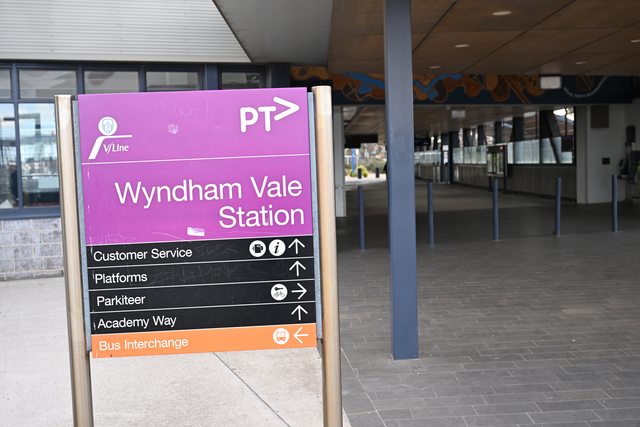Tarneit library cuts
The proposed Tarneit library is an example of the kind of social infrastructure we need to see in Wyndham and in Melbourne’s west more generally. The City of Wyndham is growing at an unprecedented rate of
8.8 per cent, or 12,000 people, a year. This makes Wyndham the fastest-growing municipality in Australia in percentage terms.
Tarneit forms an integral, vibrant, and growing part of this great city. But population growth is only a good thing when it is accompanied by adequate levels of investment in community infrastructure and facilities. I was pleased when the former federal Labor government announced in September, 2013, it would contribute $1.05 million to the library project. Like many, I was displeased when the federal Abbott government decided to rip that money out of the project.
These are the sort of unnecessary cuts that we have unfortunately become accustomed to from our current federal government. In the recently released Wyndham City Council proposed budget for 2014-15, the council has decided to make up the funding shortfall from its own funds. The council should be applauded by the Wyndham community for choosing to invest in the future.
Western Metropolitan MP Cesar Melhem
East West Link
Public transport will not work in the west unless more high-density residential areas are built/allowed, especially near train station or bus stops. Will the Greens and Labor allow that? If not, then please build the damn road!
Shawn, via web
Councillors, staff ‘in denial’
It is good to see some Wyndham councillors concerned about transparency and the need to more effectively consult the community. Some progress has been made in this direction under the current council. But the legacy left to it by the previous council was appalling, typified by the dismal handling of the rates fiasco in that council’s dying days.
Some councillors and staff are clearly in denial about how badly that issue was handled and have little insight into what effective stakeholder engagement looks like.
Most government agencies are very poor at engaging with non-government stakeholders effectively.
Appointing recent former councillors to council advisory committees is highly dubious, both in practice and appearance. This is even more questionable in any circumstances where a former councillor so appointed might seek re-election to council.
Unless the appointee is prepared to give an undertaking that she/he will not be running for council election, the issue of more serious conflict of interest needs to be considered.
Those councillors who raised this issue were right to do so and council should revisit it as a matter of urgency. When it does so, some councillors really need to give the issue more serious thought than they seem to have mustered to date.
Bro Sheffield Brotherton, via web

















